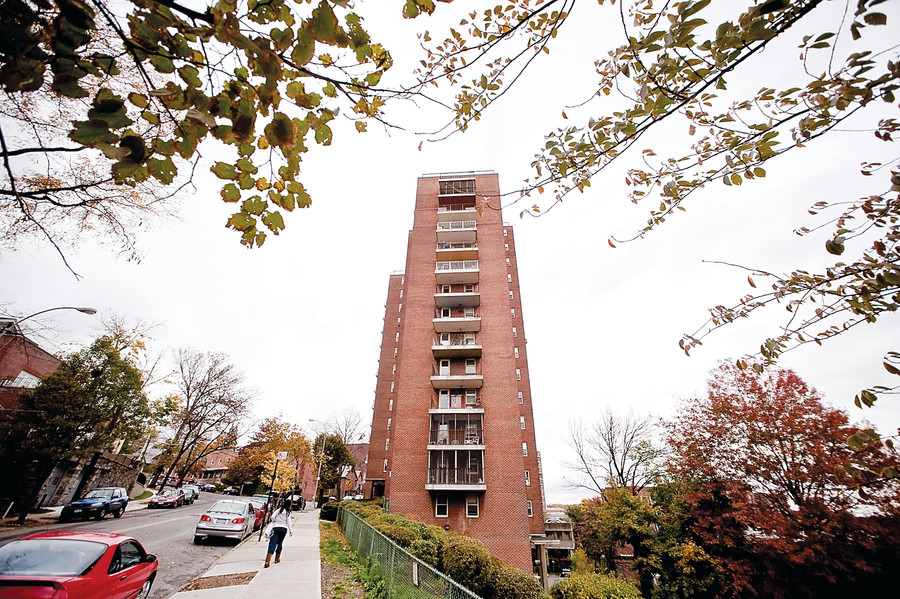Housing co-ops need transparency
The past couple of weeks have seen what amounted to a public protest at one of New York's pioneering co-ops, Park Reservoir in Van Cortlandt Village. The complex is the city's first Mitchell-Lama cooperative, offering affordable housing to low-middle income families since the 1950s.
The intensity of the protest may have been unusual, but the problems that caused it are typical for many New York housing co-ops, whose boards of directors seek to keep their operations opaque.
The upheaval at Park Reservoir was prompted by a planned change in the co-op's management, but the issue that sparked outrage among some cooperators was the fact that the board of directors had been working on the change behind closed doors, with no intention of notifying cooperators about the plan until it was a done deal. The secret was leaked by a dissenter on the board who opposed the management change.
Until this month, cooperators received no word of the plan, even though the board had been working on it for about two years, and even though a change in management is likely to affect how much cooperators pay in rent and which amenities and services they will – or will not – continue to enjoy. (See the July 13 article “Hidden deal brings co-op battle to a boil” for details).
The cloak of secrecy around the planned management change is far from being an exception. It is in line with the Park Reservoir board's standard practice, according to cooperators and board members alike. In the face of growing calls for openness, most board members continue to uphold the lack of transparency, citing the co-op's by-laws that allow them to make organizational and policy changes at their discretion.
Meanwhile, substantial rent increases at Park Reservoir over the past few years are a top concern for many cooperators, who fear they may be priced out of their apartments. For others, an array of social programs that help enhance the quality of life for elderly residents are a top priority – even if holiday lunches for seniors or art and yoga classes come with a price tag.
Those social programs, however, account for only a fraction of rent increases. A substantial part of recent hikes at Park Reservoir resulted from large-scale repairs and renovations. Some of that work may have been necessary to keep the buildings safe and to comply with the city codes. Some of it seems to have been purely cosmetic — lauded as a capital improvement. But in all of the cases, cooperators had little say in whether or not the repairs and renovations should be made.
Denying cooperators a role in reviewing and approving costly renovations means that even necessary expenses are often resented as useless extravagances.
The co-op could do a number of things to make sure its expenses are justified — and seen as such by cooperators who pay for renovations with their maintenance money. One way would be to grant cooperators with knowledge of construction or finance a consultative voice at board meetings that deal with issues that could lead to rent increases.
As the first Mitchell-Lama co-op that offers affordable housing in well-maintained buildings surrounded by green lawns and blooming flower gardens, Park Reservoir could offer an example for other cooperatives in the city to follow. Instead, it has been plagued by disputes, disillusionment and despair over maintnenance increases.
Ultimately, what happens at Park Reservoir should be decided by its cooperators. It is crucial that cooperators get the chance to have their say. It is also crucial that cooperators receive sufficient information about planned changes, projects and renovations to make informed decisions.
To do otherwise would be undemocratic and unfitting for a pioneering co-op.






